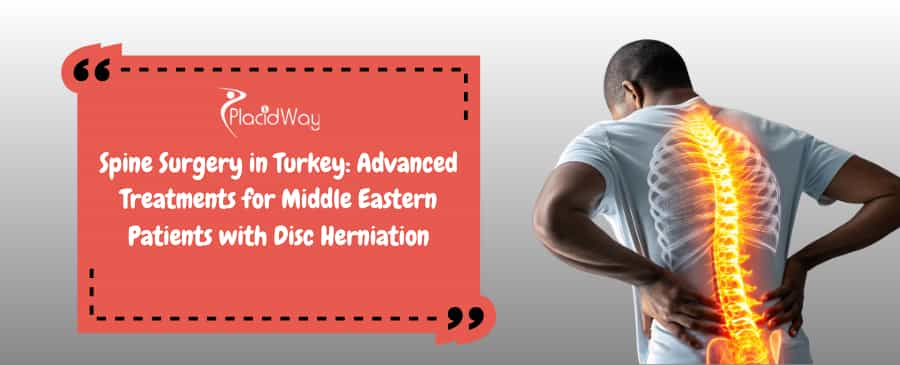
Living with the chronic pain of a herniated disc can be debilitating, affecting your work, family, and quality of life. For many patients in the Middle East, finding accessible, advanced, and affordable care is a significant challenge. Turkey has emerged as a world-leading medical destination, offering a powerful combination of top-tier neurosurgeons, state-of-the-art technology, and significant cost savings—all just a short flight from home.
This guide provides a comprehensive overview of spine surgery in Turkey, focusing on advanced treatments for disc herniation, what to expect from the process, and why it has become the preferred choice for thousands of patients from Saudi Arabia, Kuwait, the UAE, Qatar, and across the region.
Key Takeaways
- Turkey offers JCI-accredited hospitals with success rates for spine surgery that meet or exceed those in the US and Western Europe, often at 50-70% lower costs.
- Turkish hospitals are exceptionally well-equipped for Middle Eastern patients, providing Arabic-speaking translators, prayer facilities, Halal food options, and all-inclusive packages that cover everything from airport pickup to accommodation.
- Advanced minimally invasive spine surgery (MISS) is the standard of care, leading to smaller incisions, less pain, and significantly faster recovery times, allowing patients to travel home sooner.
- Microdiscectomy in Turkey: Costs range from $4,500 to $7,000, compared to $20,000–$40,000 in the USA.
- Spinal Fusion (1-level) in Turkey: Costs average $8,000 to $15,000, compared to $15,000–$25,000 in Germany or $50,000+ in the USA.
Understanding Disc Herniation: Why Surgery Might Be Necessary
Your spinal discs are the shock absorbers between your vertebrae. A herniated disc (or "slipped disc") occurs when the soft, gel-like center pushes out through a tear in the tougher exterior. This displaced material can press on nearby spinal nerves, causing pain, weakness, or numbness.
A herniated disc is one of the most common sources of neck, back, and leg pain (sciatica). When the disc material compresses a nerve, it can lead to severe neurological symptoms, including:
-
Sciatica: Sharp, shooting pain that radiates from your lower back down one leg.
-
Radiculopathy: Pain, numbness, or tingling in your arm or hand (from a cervical/neck herniation).
-
Muscle Weakness: Difficulty lifting objects, standing on your toes, or experiencing "foot drop."
-
Loss of Reflexes: Diminished reflexes in your knee or ankle.
While many cases of disc herniation resolve with conservative treatments like physical therapy, rest, and medication, surgery becomes a necessary option when the pain is severe and persistent, neurological symptoms are worsening, or the condition impacts your ability to perform daily activities.
Why Turkey is a Premier Destination for Spine Surgery
Turkey has strategically positioned itself as a global leader in advanced healthcare, blending European standards of medical excellence with unparalleled hospitality. For patients with spinal conditions, it offers a unique combination of accessibility, affordability, and advanced technology.
The "Medical Bridge" for Middle Eastern Patients
For patients from the Gulf Cooperation Council (GCC) countries and the wider Middle East, Turkey is not just a foreign country; it's a familiar neighbor. This geographical and cultural proximity is a significant advantage.
-
Short Travel Time: Most major Middle Eastern capitals are only a 2- to 4-hour flight from Istanbul, Ankara, or Antalya. This reduces travel stress and makes the post-operative journey home far more comfortable.
-
Cultural and Religious Comfort: Turkish hospitals are accustomed to international patients and go to great lengths to provide a welcoming environment. This includes Arabic-speaking case managers and translators, Halal-certified food options, and readily available prayer rooms.
-
No Long Wait Times: Unlike in many Western healthcare systems where wait times for specialist consultations and surgery can take months, the efficient Turkish system can schedule patients for treatment within weeks, or even days, of their initial inquiry.
World-Class Hospitals and JCI Accreditation
The backbone of Turkey's medical tourism success is its infrastructure. Turkey has one of the highest numbers of JCI (Joint Commission International) accredited hospitals in the world. This is the same accreditation body that audits top hospitals in the United States.
For a spine surgery patient, this means:
-
Strict Safety Protocols: JCI accreditation ensures that the hospital adheres to the highest global standards for patient safety, infection control, and surgical outcomes.
-
Advanced Technology: These hospitals are equipped with the latest diagnostic and surgical tools, including high-resolution MRI, intraoperative C-arm fluoroscopy, and robotic-assisted surgery platforms (like the Da Vinci and Mazor X systems).
-
Experienced Surgeons: Turkish neurosurgeons and orthopedic spine specialists are highly trained, with many holding certifications from and completing fellowships in Germany, the UK, and the United States.
Advanced Spine Surgery Techniques in Turkey for Disc Herniation
The days of large incisions and long hospital stays are fading. Turkish spine centers specialize in minimally invasive techniques that target the problem directly, preserving healthy tissue and promoting a much faster return to normal life.
The primary goal of surgery for a herniated disc is decompression—to remove the disc material that is pressing on the nerve. Here are the "Things to Know" about the most common and effective procedures offered in Turkey.
Minimally Invasive Spine Surgery (MISS)
Minimally Invasive Spine Surgery (MISS) is an approach, not a single procedure. It uses small incisions (often less than 2 cm) and specialized tools, like tubular retractors and endoscopes, to work between the muscles without cutting them.
-
Benefits: Less blood loss, reduced risk of infection, minimal muscle damage, less post-operative pain, and a much faster recovery.
-
Patient Profile: Ideal for most patients with a standard, compressible disc herniation.
Microdiscectomy: The Gold Standard
A microdiscectomy is the most common and highly successful surgery for a lumbar herniated disc. It is considered the "gold standard" for relieving the leg pain associated with sciatica.
During a microdiscectomy (or microdecompression), the surgeon uses a high-powered operating microscope to get a magnified view of the surgical area. Through a small incision, they remove only the portion of the herniated disc that is compressing the nerve. The rest of the disc is left intact to continue its function. Patients often report immediate relief from their leg pain upon waking from anesthesia.
Endoscopic Discectomy
This is an ultra-minimally invasive technique that uses an endoscope—a thin tube with a high-definition camera and light—to perform the surgery through an incision as small as 8mm.
An endoscopic discectomy is the least invasive option. The surgeon navigates the endoscope to the herniated disc and uses tiny instruments passed through the scope's working channel to remove the problematic material. This procedure can often be done under local anesthesia and sedation, and many patients can go home the same day.
Expert Insight: The Focus on Motion Preservation
"Our primary goal has shifted from simple decompression to 'functional spine surgery.' We don't just want to stop the pain; we want to preserve the patient's natural motion. Techniques like microdiscectomy and artificial disc replacement allow us to do just that. We avoid fusion whenever possible, which is a significant benefit for our patients' long-term mobility and quality of life." — Dr. Hakan Yilmaz, Senior Neurosurgeon, Istanbul
Spinal Fusion (and when it's needed)
Spinal fusion is a procedure that permanently joins two or more vertebrae into a single, solid bone. This is done to eliminate painful motion, add stability to the spine, or correct a deformity.
For a simple disc herniation, fusion is rarely the first-line treatment. However, it becomes necessary if:
-
The disc herniation is accompanied by spinal instability (spondylolisthesis).
-
The patient has severe degenerative disc disease where the disc itself is collapsed and is the source of the pain.
-
The surgery is a revision of a previously failed procedure.
Turkish surgeons are proficient in modern fusion techniques like TLIF (Transforaminal Lumbar Interbody Fusion) and XLIF (eXtreme Lateral Interbody Fusion), which are also performed using minimally invasive approaches.
Artificial Disc Replacement (ADR)
An alternative to fusion, Artificial Disc Replacement (ADR) involves removing the entire damaged disc and replacing it with a sophisticated mechanical implant that mimics the natural motion of a healthy disc.
This procedure is a game-changer, especially for cervical (neck) disc herniations. By preserving motion, ADR reduces the risk of adjacent segment disease—a common long-term complication of fusion where the discs above and below the fused level wear out faster.
Comparing Spine Surgery Costs: Turkey vs. Other Countries
The financial savings are often the main reason patients first consider medical tourism. In Turkey, these savings do not come at the expense of quality. The lower costs are a result of the country's lower cost of living and favorable exchange rates, not a compromise on standards.
Patients from the Middle East can expect to save 50-70% on their spine procedures compared to self-pay prices in the US, UK, or even Germany.
Here is a comparative breakdown of average costs for common spine procedures:
|
Procedure |
Average Cost in Turkey |
Average Cost in Germany |
Average Cost in USA |
|---|---|---|---|
|
Microdiscectomy |
$4,500 - $7,000 |
$15,000 - $22,000 |
$20,000 - $40,000 |
|
Laminectomy (1-level) |
$5,000 - $8,000 |
$16,000 - $24,000 |
$25,000 - $45,000 |
|
Spinal Fusion (1-level) |
$8,000 - $15,000 |
$18,000 - $28,000 |
$50,000 - $90,000+ |
|
Artificial Disc Replacement |
$10,000 - $17,000 |
$22,000 - $35,000 |
$40,000 - $75,000 |
Note: These prices are estimates. An all-inclusive package from PlacidWay may also include accommodation, airport transfers, and translation services.
Did You Know?
Many top Turkish hospitals, such as those in the Acibadem and Memorial hospital groups, have dedicated International Patient Centers. These centers function like a medical concierge, managing everything for you—from your initial online consultation with your surgeon to booking your hotel and arranging for a private, Arabic-speaking driver to meet you at the airport.
The Patient Journey: What to Expect in Turkey
Navigating healthcare in another country can seem daunting. However, the Turkish medical tourism process is a well-established, patient-centric system designed to be seamless from start to finish.
Step 1: Initial Consultation and Planning
Your journey begins from home.
-
Submit Your Records: You will send your MRI/CT scans, medical history, and reports to a coordinator.
-
Surgeon's Review: A top spine surgeon in Turkey will review your case (often free of charge) and provide a preliminary diagnosis and recommended treatment plan.
-
Video Consultation: You will have a video call with the surgeon to discuss their recommendation, ask questions, and establish a personal connection.
-
Receive a Quote: You will receive a detailed, all-inclusive price package.
Step 2: Arrival and Pre-Operative Care
Upon arrival in Turkey, you will be treated as a VIP guest.
-
Airport Pickup: A private driver and often a translator will greet you at the airport and take you to your hotel or the hospital.
-
In-Person Consultation: You will meet your surgeon for a physical examination and final discussion.
-
Pre-Op Tests: The hospital will conduct a comprehensive set of pre-operative tests, including blood work, EKG, and any final imaging, to ensure you are fully prepared for surgery.
Step 3: The Procedure and Hospital Stay
On the day of surgery, you will be admitted to your private, modern hospital room.
-
The Surgery: A minimally invasive procedure like a microdiscectomy typically takes 1-2 hours.
-
Hospital Stay: For a microdiscectomy, the typical hospital stay is just 1 to 2 nights. For a more complex fusion, it may be 3-5 nights.
-
Post-Op Care: Nurses and the surgical team will monitor you closely, manage your pain (which is usually minimal with MISS), and a physical therapist will visit you to help you get up and walk, often just hours after the procedure.
Recovery and Aftercare: Flying Home Safely
Your recovery begins in Turkey and continues when you return home. The goal is to get you mobile and pain-free as quickly and safely as possible.
Immediate Post-Op Recovery
After discharge from the hospital, you will typically stay in a nearby hotel for 4-7 days for initial recovery and a final follow-up check with your surgeon. During this time, you will be encouraged to walk frequently to promote healing. Your surgeon will clear you for your flight home.
Guidelines for Flying After Spine Surgery
This is one of the most common concerns for medical tourists.
-
Get Up and Move: On the plane, get up to walk and stretch at least once every hour to prevent blood clots.
-
Support: Use a lumbar pillow for back support.
-
Assistance: Request wheelchair assistance at the airport to avoid standing in long lines or carrying luggage.
-
Medication: Keep your prescribed pain medication in your carry-on bag.
Most patients are perfectly safe to fly within a week of a minimally invasive procedure.
Choosing the Best Spine Surgeon and Hospital in Turkey
While Turkey has many excellent facilities, it's crucial to do your research. A successful outcome depends on the skill of your surgeon and the quality of the hospital.
When evaluating your options, look for:
-
Surgeon's Credentials: Are they a board-certified neurosurgeon or orthopedic spine surgeon? Where did they train? Do they specialize in minimally invasive spine surgery?
-
Hospital Accreditation: Is the hospital JCI-accredited?
-
Technology: Does the hospital offer advanced robotics and intraoperative imaging?
-
Patient Reviews: Look for verified reviews and testimonials from other international patients who have had the same procedure.
Frequently Asked Questions (FAQs)
What is the success rate for disc herniation surgery in Turkey?
Success rates in top Turkish hospitals are excellent, often cited at over 95% for microdiscectomy in terms of relieving leg pain (sciatica). These rates are on par with the best spine centers in the world.
How soon can I walk after spine surgery?
With minimally invasive techniques, patients are typically required to get up and walk within a few hours of their surgery, with the assistance of a nurse or physical therapist.
Will the surgery be painful?
You will be under general anesthesia and feel nothing during the surgery. Post-operative pain is managed with medication and is significantly less with minimally invasive surgery compared to traditional open surgery. Most patients describe it as soreness or muscle stiffness rather than sharp pain.
What are the risks of spine surgery?
All surgery carries risks, but for a microdiscectomy, they are very low (typically 1-2%). Risks include infection, bleeding, nerve irritation, or a dural tear (a small leak of spinal fluid, which is usually repaired during surgery with no long-term effects). Your surgeon will discuss these in detail.
How long until I can return to work?
This depends on your job. For a desk job, many patients can return to work (often from home) within 1-2 weeks. For a job that requires heavy lifting or physical labor, you may need to wait 6-12 weeks.
Will I need physical therapy?
Yes, physical therapy is a critical part of your long-term recovery. Your surgeon will prescribe a program that you can begin a few weeks after your surgery to strengthen your core muscles and protect your back.
Start Your Journey with PlacidWay
Don't let spine pain dictate your life. Taking the next step is simple and risk-free.
At PlacidWay, we are partnered with the best JCI-accredited hospitals and leading spine surgeons in Turkey. We can help you navigate the entire process, from getting a free, no-obligation review of your MRI to booking an all-inclusive package that fits your budget and medical needs. Our team is here to ensure your journey is safe, seamless, and successful.
Contact us today to get a FREE quote and video consultation with a top Turkish spine specialist.


.png)
.png)
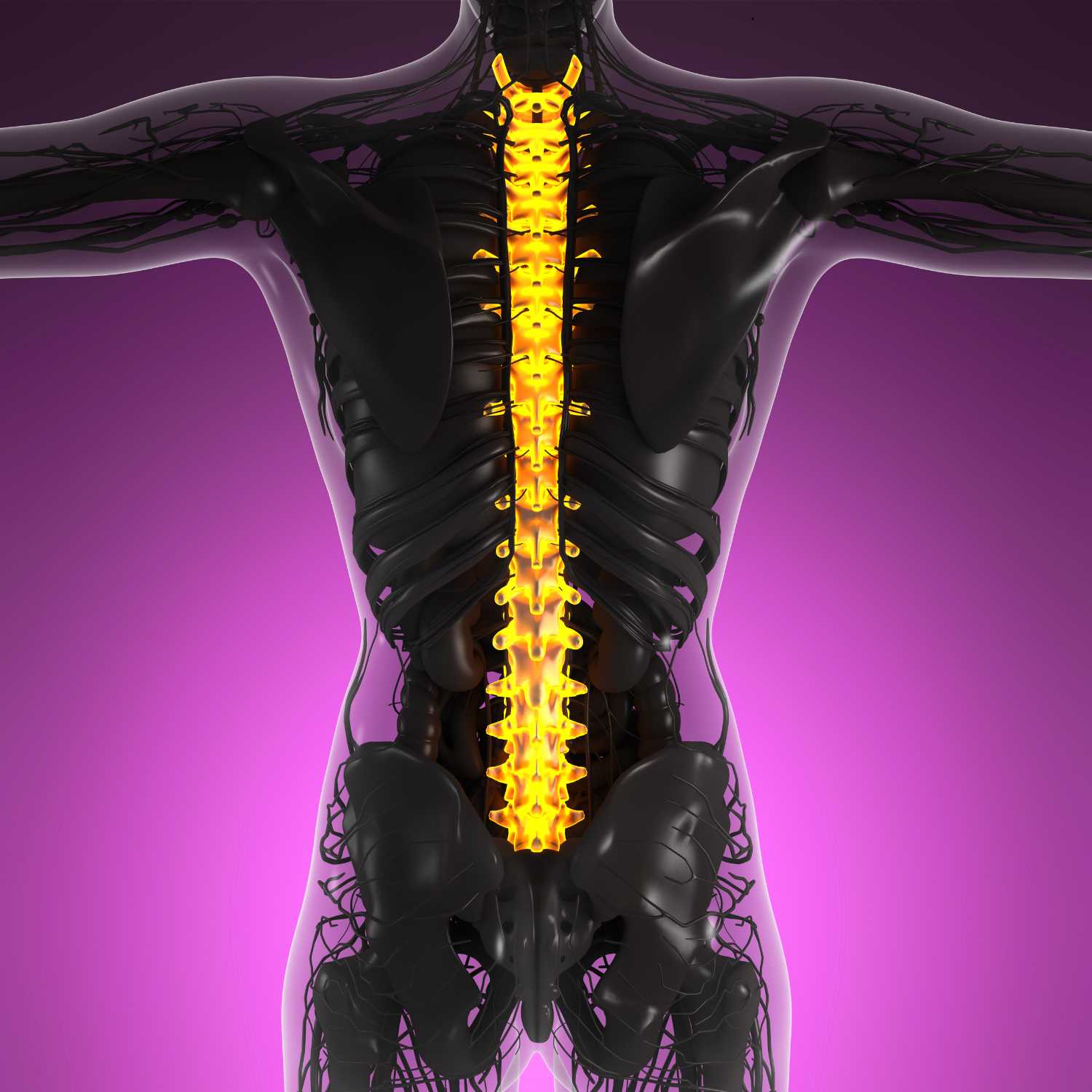
.png)
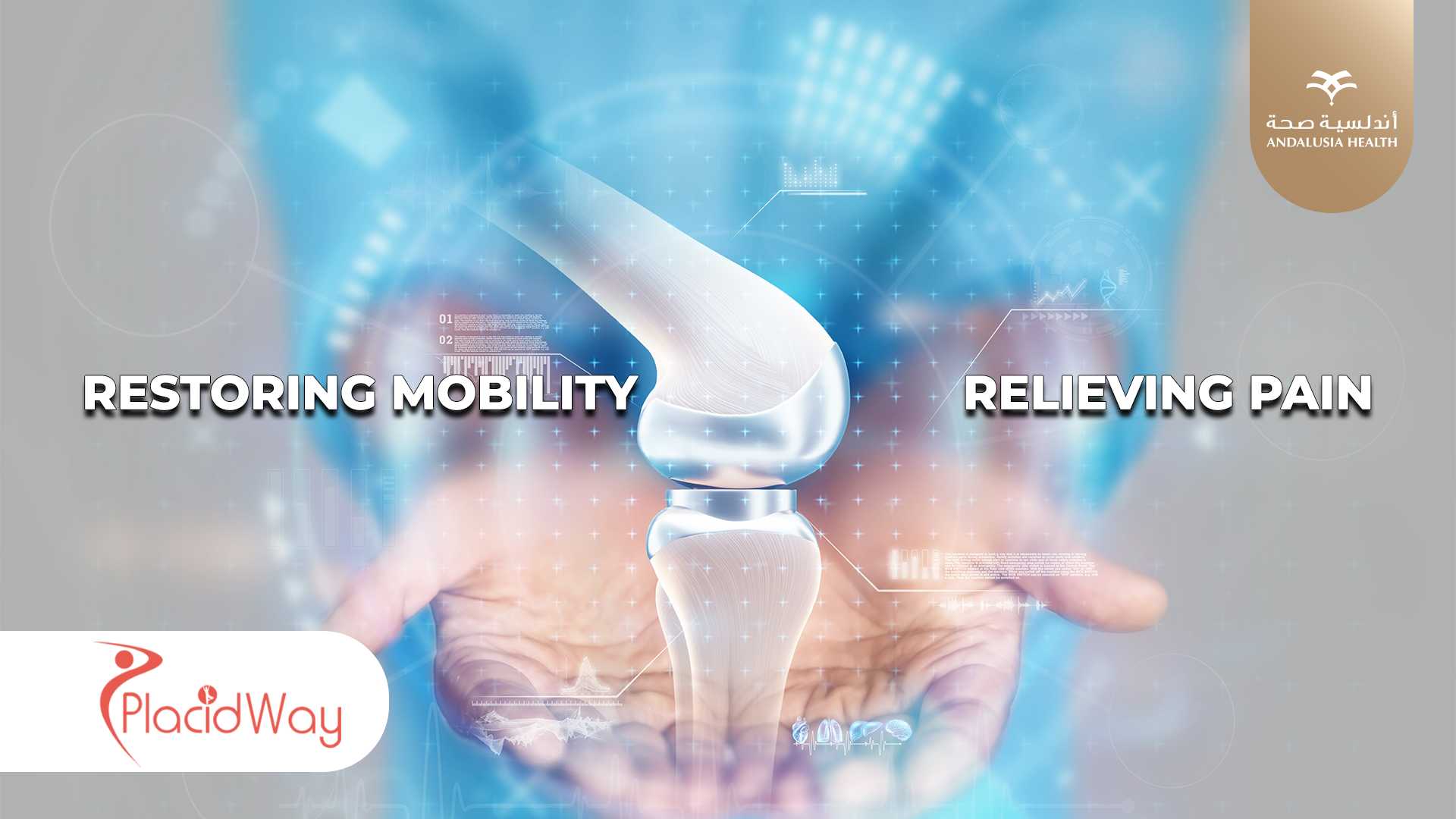
.png)
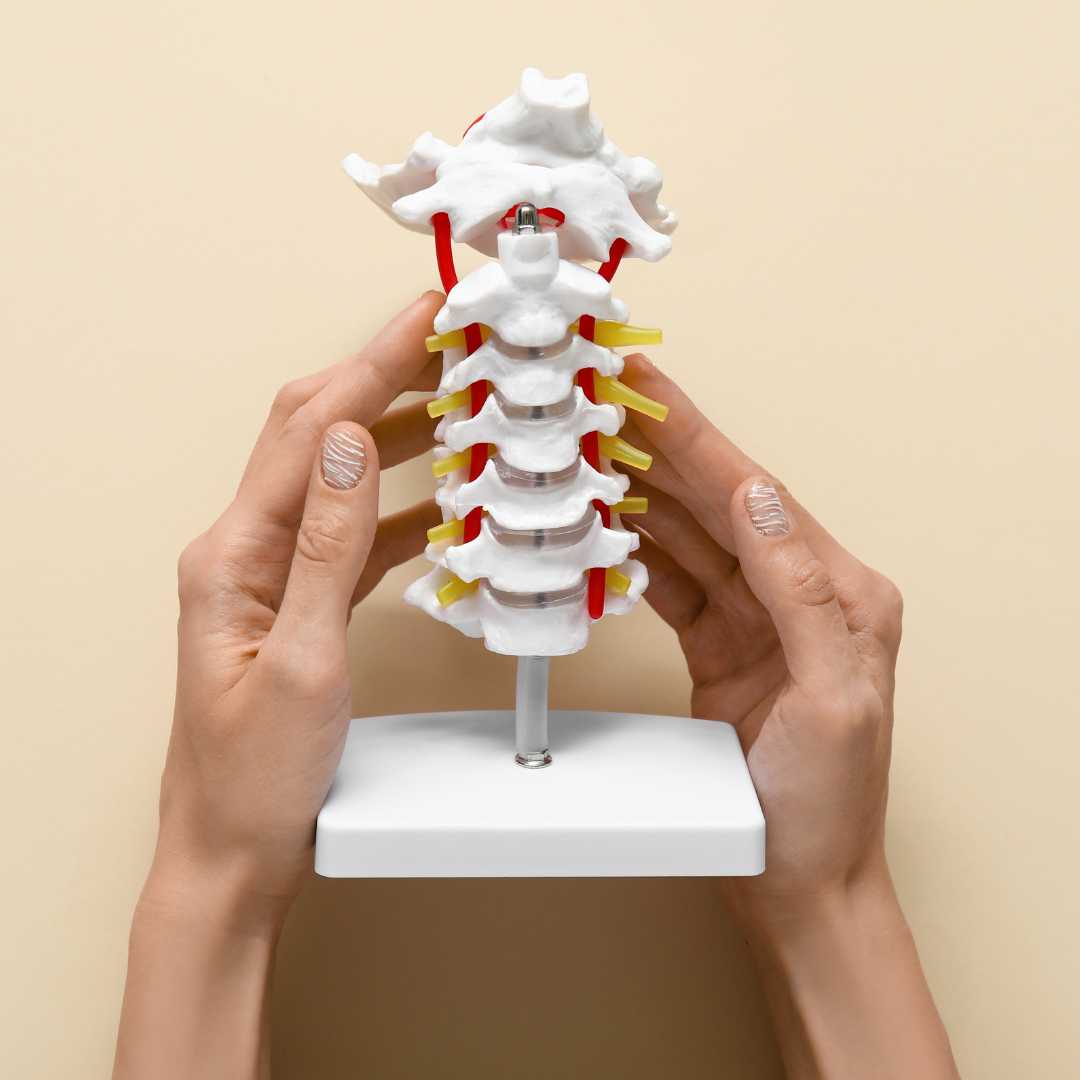
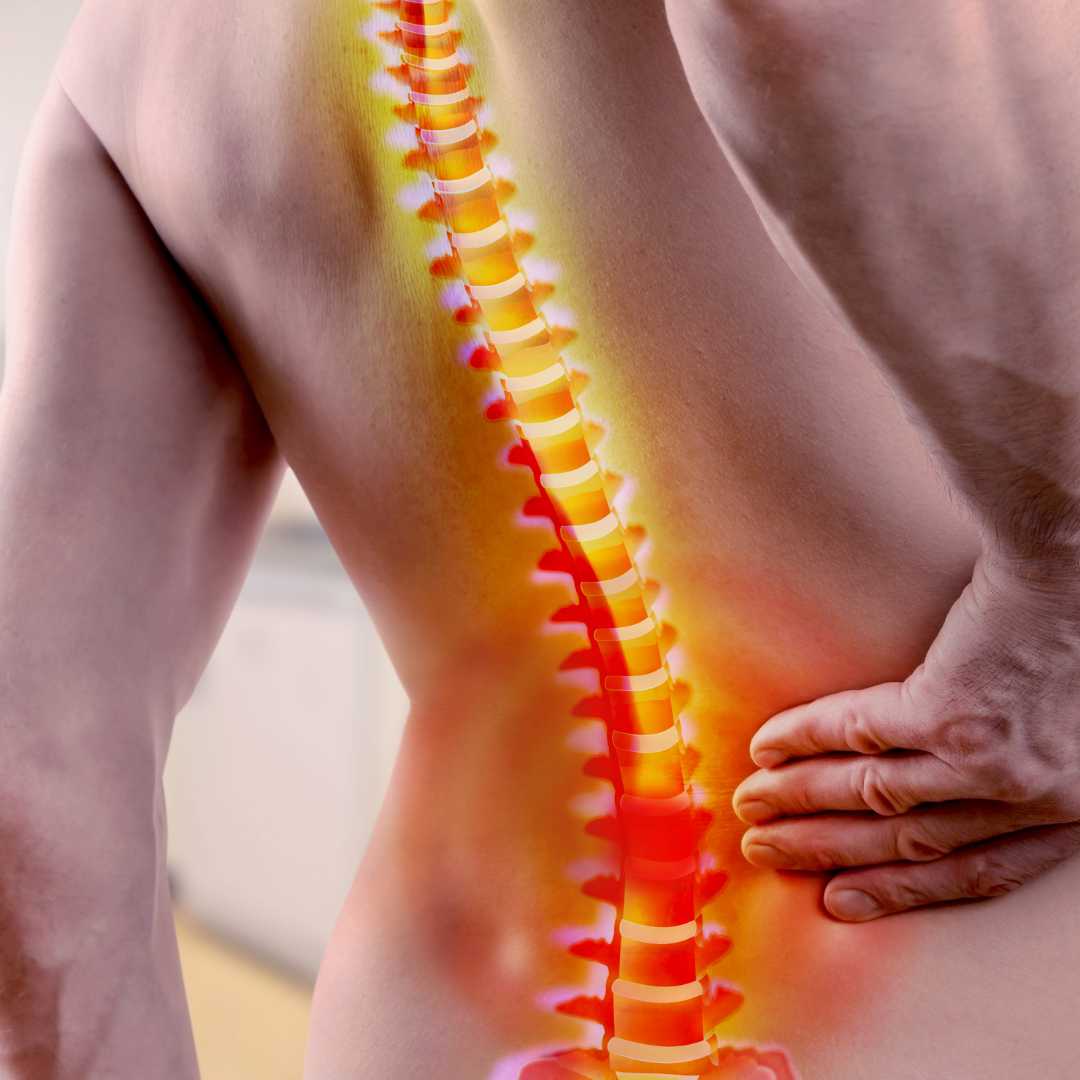
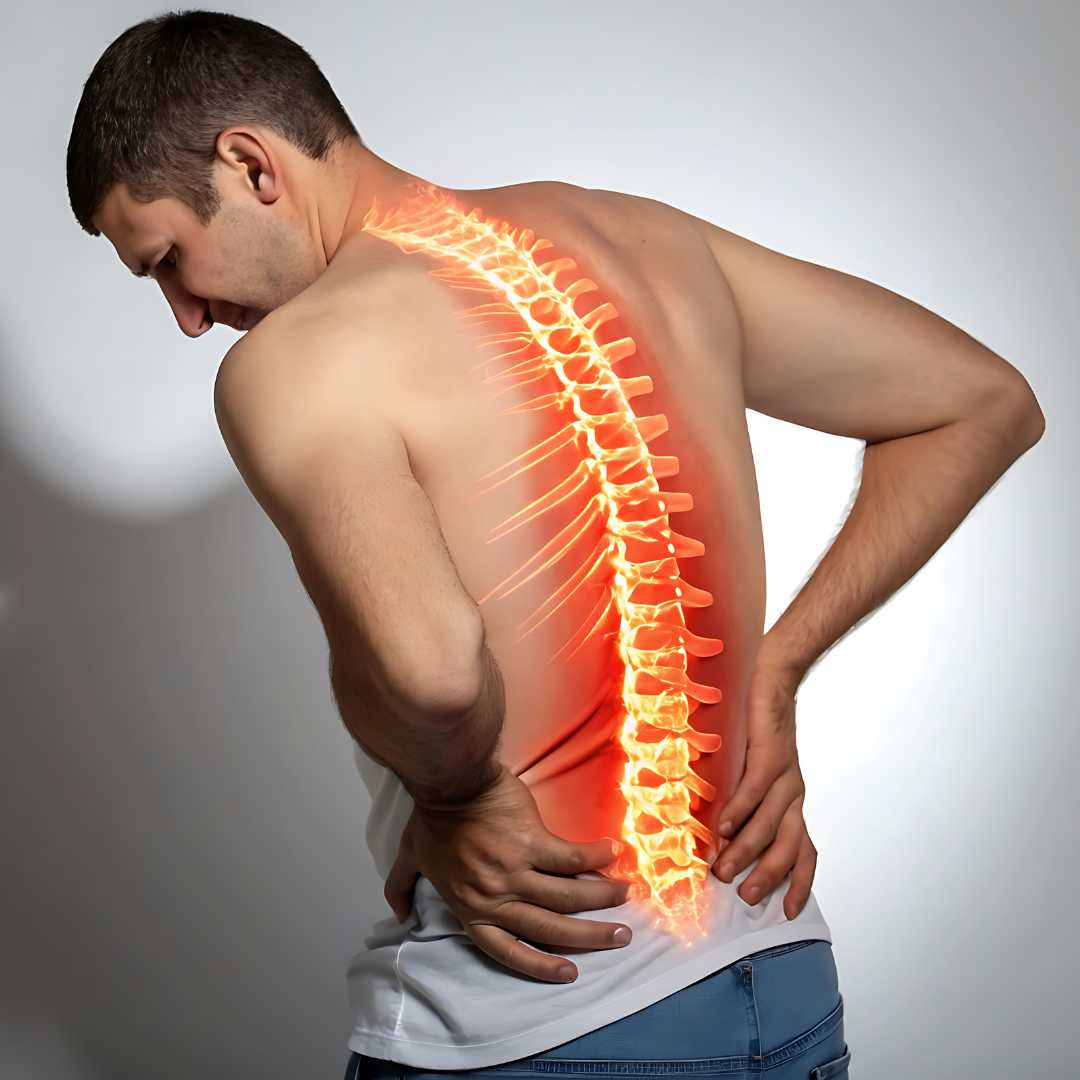

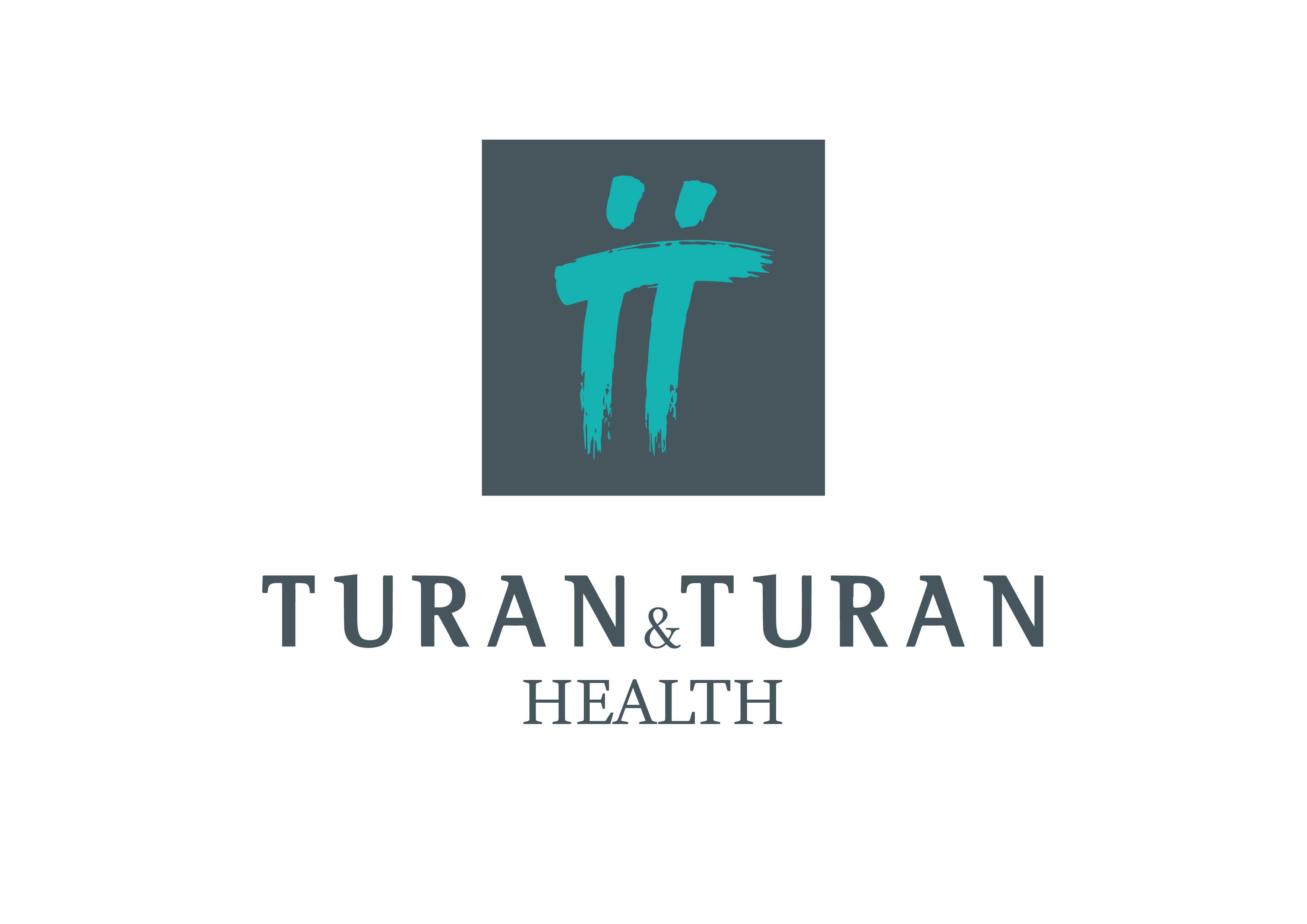




Share this listing